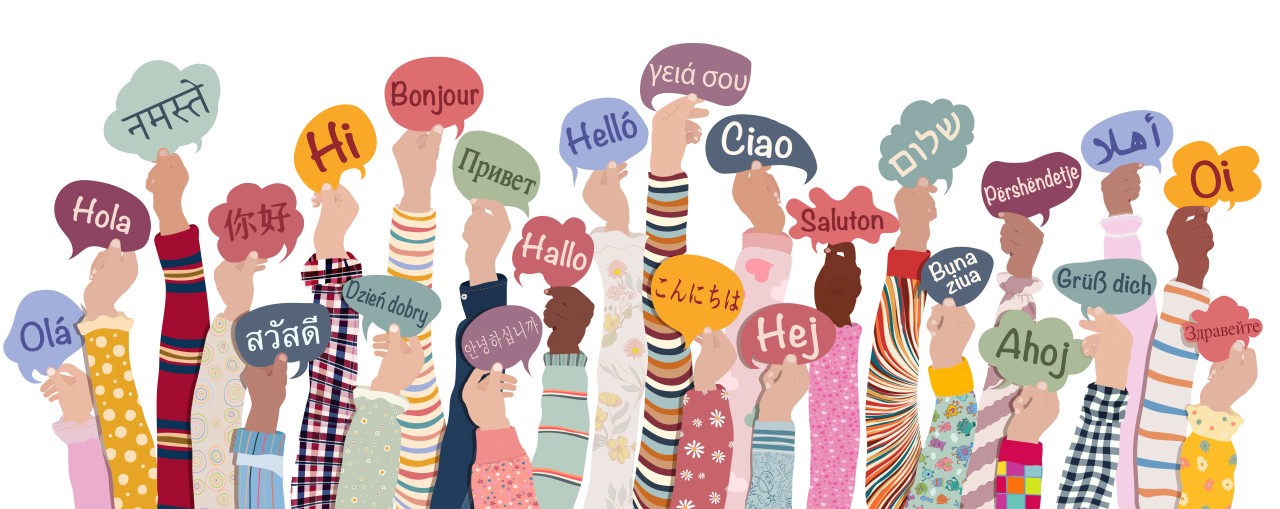Stop Calling It Soft: Why Mothering Instincts Are a Leadership Superpower
When I talk about mothering, I’m not just referring to the act of raising children. I mean the instinct to care, to protect, to anticipate needs, and to nurture growth in others. These instincts don’t belong only to women who are parents; they are human capabilities that many women, and men too, carry and express. Mothering is the impulse that shows up when we make space for a colleague to be heard, when we coach a team member through a challenge, or when we hold a community together during change. It’s about creating conditions where people can thrive, in families, in workplaces, and in the world.
Mothering is often seen as something private, domestic, even soft. But in reality, these instincts, to protect, to nurture, to anticipate needs, to build environments where others flourish are some of the most powerful leadership muscles we have.
And yet, when those instincts show up in professional life, they’re too often undervalued. A woman who brings empathy into a boardroom may be read as “too emotional.” A leader who invests in developing people may be seen as “less strategic” or overly “people focused.” Even other women sometimes measure care against outdated standards of “hard” leadership.
This is the paradox I call the mothering complex: a set of instincts that can transform organizations, but which are frequently misinterpreted and undervalued.
Mothering With Power
The question isn’t how to rid ourselves of these instincts, it’s how to use them with power, not depletion. When we mother with power, we:
- Set boundaries that protect energy rather than give endlessly until burnout.
- Turn empathy into foresight, reading the room not to cushion conflict but to guide teams toward clarity and alignment.
- Use care as a lever for ambition, not as a substitute for it, showing that developing people and driving results are not opposites, but interdependent.
- Model resilience, proving that care and strength can co-exist in the same person, the same leader.
Changing the Lens
But here’s the crucial piece: women can only mother with power if the people around them colleagues, teams, leadership recognize it as leadership.
That means:
- For men and women alike: valuing care as strategy, not dismissing it as “soft skills.”
- For women: refusing to diminish each other by saying someone is “too motherly” or “not tough enough.”
- For organizations: building cultures where empathy, foresight, and nurturing talent are rewarded as growth drivers, not side notes.
When the lens changes, the mothering complex evolves from a silent weight into a visible strength.
Why It Matters
We’re entering an era where consumers, employees, and communities expect more human, more empathetic leadership. The skills once relegated to the sidelines are becoming competitive advantages.
If we, as women, can stand fully in our instincts without fear of being judged as “less than,” and if organizations can finally value care on equal footing with strategy, then the mothering complex stops being a trap. It becomes a superpower.

